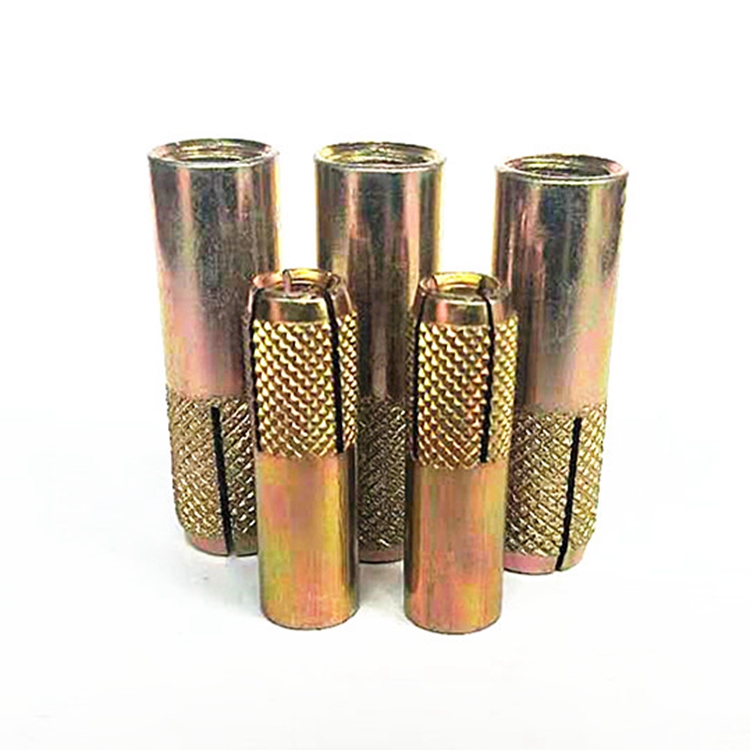Premium Locknuts for Enhanced Durability and Reliability in Various Applications
Дек . 04, 2024 14:56 Back to list
Premium Locknuts for Enhanced Durability and Reliability in Various Applications
The Importance of High-Quality Locknuts in Engineering Applications
Locknuts are essential components in various engineering applications, playing a critical role in ensuring the secure fastening of mechanical parts. While they may appear simple, the quality of locknuts significantly influences the overall performance and safety of machinery and structures. High-quality locknuts are designed to resist vibrations, prevent loosening over time, and maintain a secure connection even under extreme conditions. This article explores the importance of high-quality locknuts, their types, applications, and the benefits they provide.
Understanding Locknuts
Locknuts, sometimes referred to as locking nuts, are specialized nuts designed to secure fasteners in place and prevent them from loosening during operation. They are typically used in conjunction with bolts, screws, or threaded rods to hold components together. Unlike standard nuts, which can easily become loose due to vibrations, locknuts employ various mechanisms to maintain their grip, ensuring a reliable connection.
Types of Locknuts
There are several types of locknuts, each with its unique locking mechanism. The most common types include
1. Nylon-insert Locknuts These locknuts have a nylon insert that grips the threads of the bolt, creating friction that prevents loosening. Their advantage lies in their ability to accommodate slight changes in thread engagement while ensuring a secure fit.
2. Split Locknuts Featuring a split design, these locknuts use their inherent tension to prevent loosening. The split allows for a deformation that increases friction with the bolt, making them effective in high-vibration applications.
3. Serrated Locknuts These locknuts have serrated surfaces that dig into the material of the assembly, resisting rotational motion. They are particularly well-suited for applications where high levels of static friction are required.
4. Jam Nuts Jam nuts are thinner than standard nuts and are typically used in pairs. One nut is tightened against the other, effectively jamming it in place to prevent loosening.
Applications of High-Quality Locknuts
high quality locknuts

High-quality locknuts are used across various industries, including automotive, aerospace, construction, and machinery manufacturing. In these sectors, safety and reliability are paramount, making the selection of the right locknut crucial.
In the automotive industry, for example, the use of high-quality locknuts ensures that critical components like wheels and engine parts remain securely fastened, preventing accidents due to mechanical failures. Similarly, in aerospace applications, where every component is subject to extreme stress and vibration, reliable locknuts are vital for maintaining the structural integrity of aircraft.
Construction also relies heavily on locknuts. They are used to secure structural beams, cables, and other critical components that must withstand heavy loads and environmental factors. The proper selection of locknuts can prevent costly failures and enhance the longevity of structures.
Benefits of High-Quality Locknuts
Investing in high-quality locknuts offers several advantages, including
- Increased Reliability High-quality materials and design ensure that locknuts perform effectively, reducing the risk of component failure.
- Enhanced Safety Reliable fasteners contribute to the overall safety of machinery and structures, minimizing the potential for accidents.
- Cost-Effectiveness Although high-quality locknuts may have a higher initial cost, their durability and reliability can lead to lower maintenance costs and reduced downtime in the long run.
- Resistance to Environmental Factors Many high-quality locknuts are designed to withstand harsh conditions, including humidity, temperature fluctuations, and corrosive environments, making them suitable for a wide range of applications.
In conclusion, high-quality locknuts are a vital component in the engineering and manufacturing sectors, providing reliability, safety, and performance. Understanding the different types of locknuts and their applications can help engineers and manufacturers make informed decisions that enhance the functionality of their products. By prioritizing quality, industries can ensure that their components remain secure and effective, ultimately contributing to their success and longevity.
Latest news
-
Durable Bolts for Lawn Mower Handle - Top Supplier & Manufacturer
NewsAug.22,2025
-
High-Quality Bolts for Lawn Mower Handle Supplier & Manufacturer
NewsAug.21,2025
-
Reliable Axle Nuts Supplier | High-Quality Automotive Parts
NewsAug.19,2025
-
Premium Wire Bolts Suppliers | Durable & Reliable Fasteners
NewsAug.18,2025
-
Leading Metric Wood Screw Companies & Manufacturers
NewsAug.17,2025
-
Top Wire Bolts Suppliers - Quality & Durable Fasteners
NewsAug.15,2025
